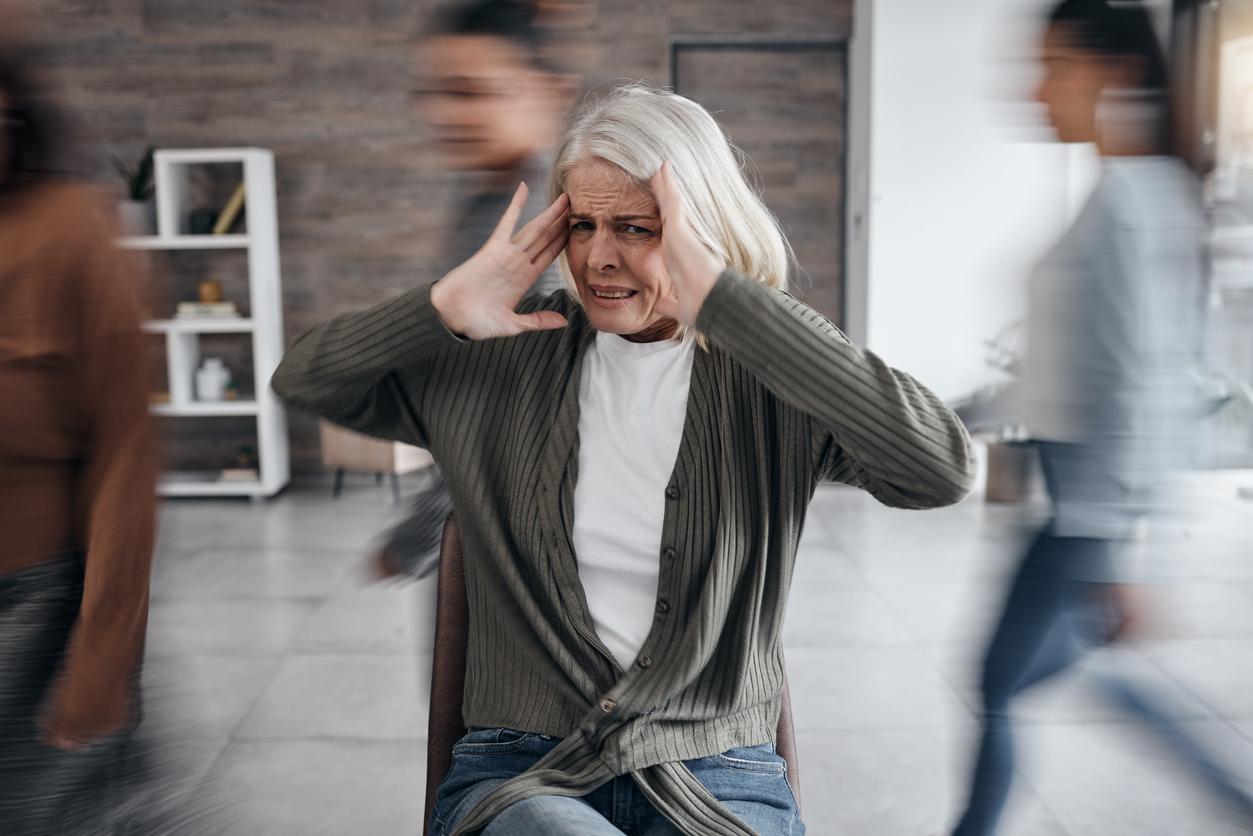This Tuesday March 20 is the 12th French Allergy Day. On this occasion, the Asthma & Allergies association disseminates the results of an Ifop survey carried out online among 1,002 adults. It reveals the late management of allergies in children and an underestimation of the risks they may incur.
Children are more vulnerable
The number of people with allergies has doubled over the past 20 years and the WHO estimates that 50% of the world’s population will be affected by at least one allergic disease by 2050. But children are the ones who need to be looked after today. the most attention. “In children, allergies are now more serious and more frequent”, explains Jocelyne Just, pediatric pulmonologist-allergist and head of department at Trousseau hospital, on asthma-allergies.org.
This is because they are subject to both genetic and environmental factors. Genetic, because with an allergic parent, the child has between 30 and 50% of risk of developing an allergy himself and this figure rises up to 80% when both parents are concerned. Environmental, because Pollution greatly promotes risk asthma and D’eczema, for example. The survey shows that these factors are largely underestimated by parents.
A diagnosis too late
Another major problem, the diagnosis much too late. It takes an average of 7 years between the appearance of the first symptoms of the allergy and the first consultation in an allergist. This period of time can cause the allergy to degenerate. The association site in particular the example of allergic rhinitis benign which mutates into asthma over time. She then recalls that screening can be done at any age, and even in infants. Asthma & Allergies therefore calls for awareness to better diagnose and better treat children with allergies.
D-1! Meet on Tuesday March 20 to talk about #allergies on our website. We organize a live chat from 1 p.m. to 7 p.m. with #allergists#AllergyFrenchDayhttps://t.co/xuJhNzx5t6pic.twitter.com/4DwVXIFg0p
– Asthma & Allergies (@AsthmeAllergies) March 19, 2018
Read also :
Allergy: will desensitization treatments be waived?
Growing up on the farm would protect against allergies
















